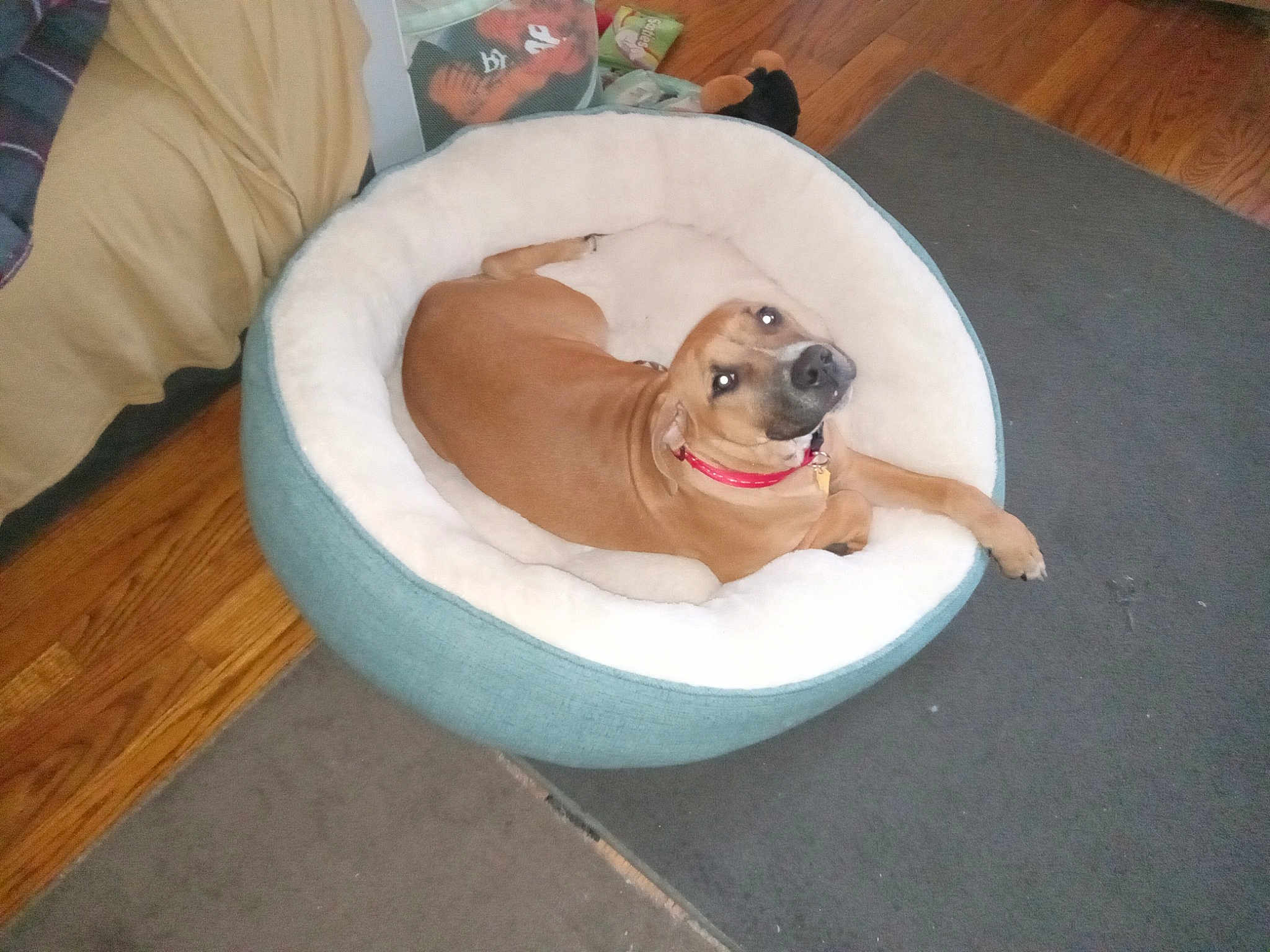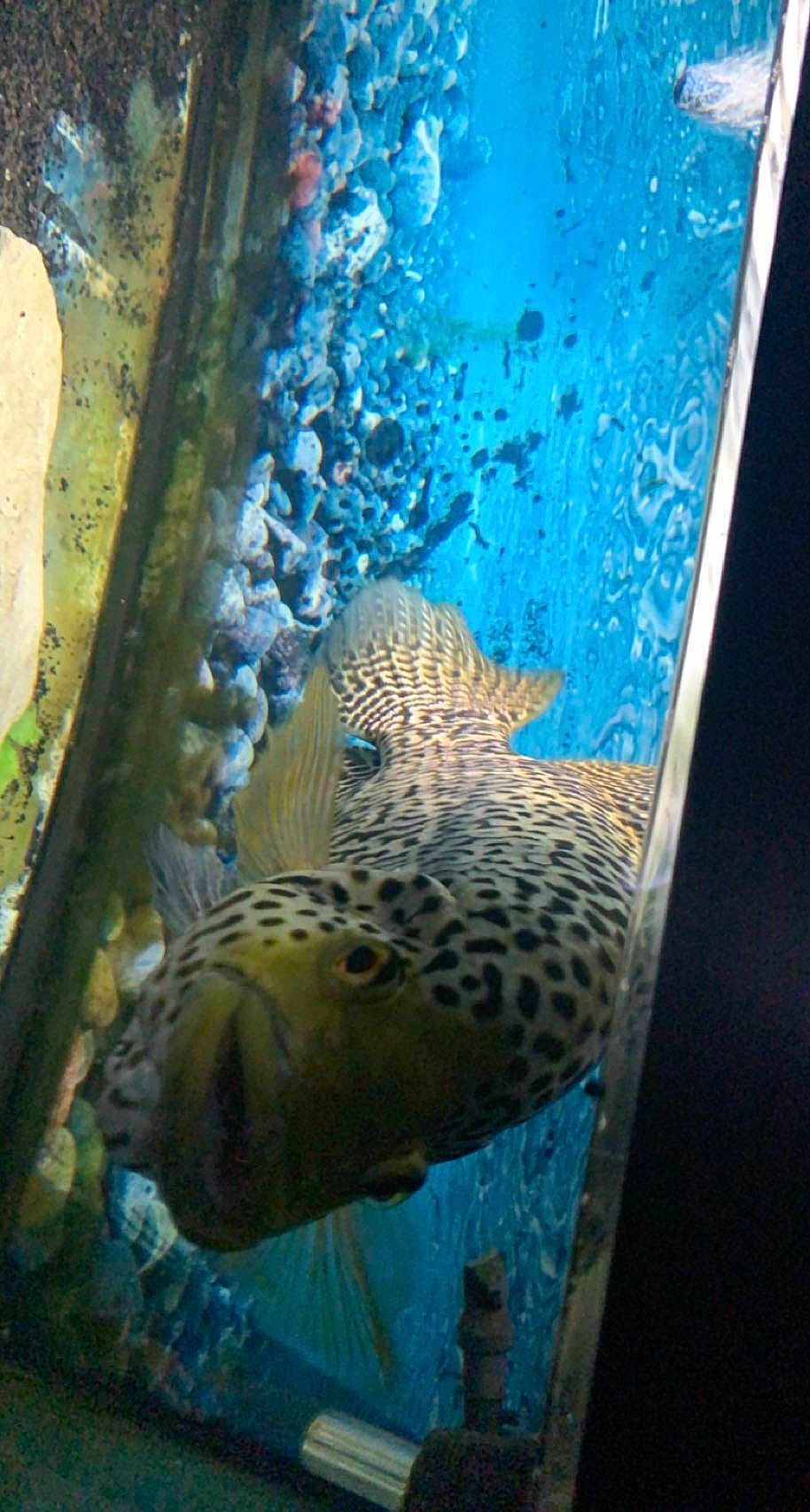"As agile as it is endearing, the Artois Hound boasts a legacy that seamlessly bridges centuries of dog breeding excellence with the simplicity of companionship today."
Personality and Behavior of the Artois Hound
The Artois Hound, also known as the Chien d'Artois, is celebrated for its lively and energetic disposition. These dogs are incredibly sociable, making them a beloved choice for families and individuals alike who seek a loyal and engaging companion. Artois Hounds are known for their jovial and affectionate nature, often forming strong bonds with their human families while displaying an impressive level of patience around children.
Their history as hunting dogs endows them with an instinctive drive for exploration and curiosity. Owners often observe their Artois Hound endlessly sniffing and tracking scents, a behavior deeply entrenched in their genetic makeup. This inherent trait makes them excel in outdoor activities and ensures they remain active and stimulated.
The breed is also noted for its intelligence and trainability. While they do possess a stubborn streak—which might stem from their history as independent workers—their eagerness to please can simplify training efforts. Consistent and positive reinforcement methods work best to harness their intellectual abilities.
Despite their hunting origins, Artois Hounds adapt remarkably well to domestic life. They thrive when included in daily activities and, while they are enthusiastic about outdoor adventures, they are equally content lounging by your side at home. This duality makes them uniquely versatile companions.
“Although the Artois Hound is deeply rooted in hunting traditions, they exhibit a surprising level of adaptability and affection suited for modern family life.”
Meanings, History and Origins of the name Artois Hound
The name “Artois Hound” derives from the Artois region in northern France, where the breed has its roots. This area is renowned for its rich hunting traditions, and the Artois Hound was originally bred to assist in these pursuits. Records suggest that the breed dates back to the 15th century, making it one of the older and historically significant French scent hound breeds.
In terms of etymology, "Artois" refers directly to the geographical area, while "Hound" signifies the breed’s primary role in hunting. Historically, these dogs were used for tracking game across vast estates, a task at which they excel due to their acute sense of smell and tenacity.
Over the centuries, the Artois Hound’s role has evolved from an exclusively hunting-centric life to a more diversified existence that includes companionship and participation in dog sports. However, despite the shifts in their roles, the breed has managed to preserve its essential characteristics that link it to its storied past.
Interestingly, during periods of decline in popularity, efforts to revive the breed were often spearheaded by dedicated enthusiasts who recognized the historical and cultural value of maintaining purebred lines. These efforts have ensured that the essence of the Artois Hound continues to be appreciated today.
Popularity of the Artois Hound
The general popularity of the Artois Hound varies geographically. In France and other parts of Europe, the breed enjoys a moderate level of popularity, largely owing to its historical significance and reliability as a hunting dog. Enthusiasts of traditional hunting breeds often hold the Artois Hound in high regard, appreciating its balance of versatility and temperament.
In English-speaking countries, the breed is less common but steadily gaining recognition. As more people become aware of its many admirable traits, the Artois Hound is being sought out by those interested in unique and historically rich breeds. Breed clubs and organizations dedicated to preserving the Artois Hound are instrumental in spreading awareness and appreciation.
Globally, the breed maintains a niche following. Its rarity outside of its homeland adds to its allure among dedicated dog aficionados who seek something distinct. Cultural exchanges and international dog shows also contribute to the breed's burgeoning popularity worldwide, as enthusiasts showcase the Artois Hound’s capabilities and charm on diverse platforms.
Health and Care of the Artois Hound
Artois Hounds are generally healthy dogs but, like all breeds, they can be susceptible to certain health issues. Regular veterinary check-ups are crucial for early detection and management of any potential problems. Common health concerns for this breed include hip dysplasia, ear infections due to their floppy ears, and occasional instances of bloat.
A balanced diet tailored to their activity level is essential to maintain their health and vitality. High-quality dog food, whether commercial or home-prepared under a vet’s guidance, should cover their nutritional needs. Owners should monitor their weight to avoid obesity, especially since the breed has a proclivity for being quite active and energetic.
Daily exercise is a non-negotiable for the Artois Hound. Long walks, ample playtime, and activities that stimulate their acute sense of smell—such as scent-tracking games—help keep them physically and mentally fit. This not only aids in managing their energy levels but also prevents behavioral problems that can arise from boredom and lack of exercise.
Grooming needs for the Artois Hound are relatively straightforward. Regular brushing helps to manage shedding and keeps their coat in good condition. Attention should also be given to their ears to prevent infections, as well as regular dental care and nail trimming.
Training and Education of the Artois Hound
Training an Artois Hound requires patience, consistency, and a positive approach. Their intelligence and eagerness to please make them relatively easy to train, but their independent streak can present occasional challenges. Beginning training and socialization at an early age is crucial for shaping well-mannered behaviors and accommodating their natural curiosities.
Positive reinforcement techniques—rewarding good behavior with treats, praise, and play—work exceptionally well with this breed. They respond poorly to harsh corrections and can become uncooperative if treated unfairly. A mixture of firmness and empathy is key to harnessing their learning potential.
One common challenge is managing their instinctual drive to follow scents. Obedience training that focuses on recall commands is essential to ensure they return promptly when called. Activities that engage their tracking abilities can be highly beneficial, offering them an outlet for this innate behavior.
Early socialization with various people, environments, and other animals will cement a well-rounded personality. Exposure to different settings helps curb potential behavioral issues and encourages the development of a confident and adaptable pet. Consistently challenging their mind and body will lead to a harmonious household companion who excels both at home and in more structured environments, such as obedience competitions or hunting simulations.
Choosing the right breed for your lifestyle involves considering various factors, such as activity level, personality traits, and specific care requirements. For those intrigued by a blend of historical significance, instinctual prowess, and affectionate companionship, the Artois Hound emerges as an outstanding choice.
In conclusion, the Artois Hound stands as a testament to the enduring allure of historical dog breeds. Participating in Pageant Dog contests, these magnificent dogs demonstrate their grace and affability time and again. Opting for an Artois Hound not only means gaining a loyal and fascinating companion but also preserving a piece of canine heritage that has spanned generations.



